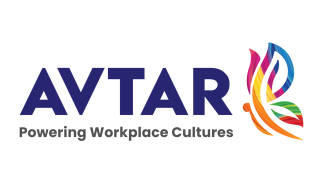Equality in the workplace is about giving all individuals fair treatment and equal rights to opportunities, whereas equity is about offering those privileges, rights, and resources based on individual needs.
Why does Equity matter?
Equality is equal treatment; equity is fair treatment!
Equity in the workplace creates a beneficial environment for both employers and employees. While introducing DEI into the workplace, whether you look at E as Equality or Equity makes a lot of difference amongst the underrepresented and marginalized employees.
While many tailor-made equitable practices can benefit diverse employees, here are four simple but exceptional ones –
Conduct a survey
A standard medical insurance policy might not suit all. The one-size-fits-all mentality seems like a great idea in appearance, but it can result in unfair outcomes. However, sending out a survey to first gather employee insights before finalizing the benefits plan is an inclusive practice.
Practice wage equity
Compensating employees equally when they perform the same or similar job duties while accounting for other factors, such as their experience level, job performance, and tenure with the employer is practicing wage equity in its best form.
Provide equitable access for all employees
Wheelchair-friendly conference rooms, incorporating accurate closed captions on a video presentation, and office spaces with adequate accommodations for sensory-sensitive employees are a few initiatives towards providing equitable access for all employees across levels.
Encourage time-off
Encouraging everyone to take time off during the last few days of year-end is a good corporate practice but allowing employees to take time off to mark their individual cultural and religious events is an exceptional equitable policy.






















